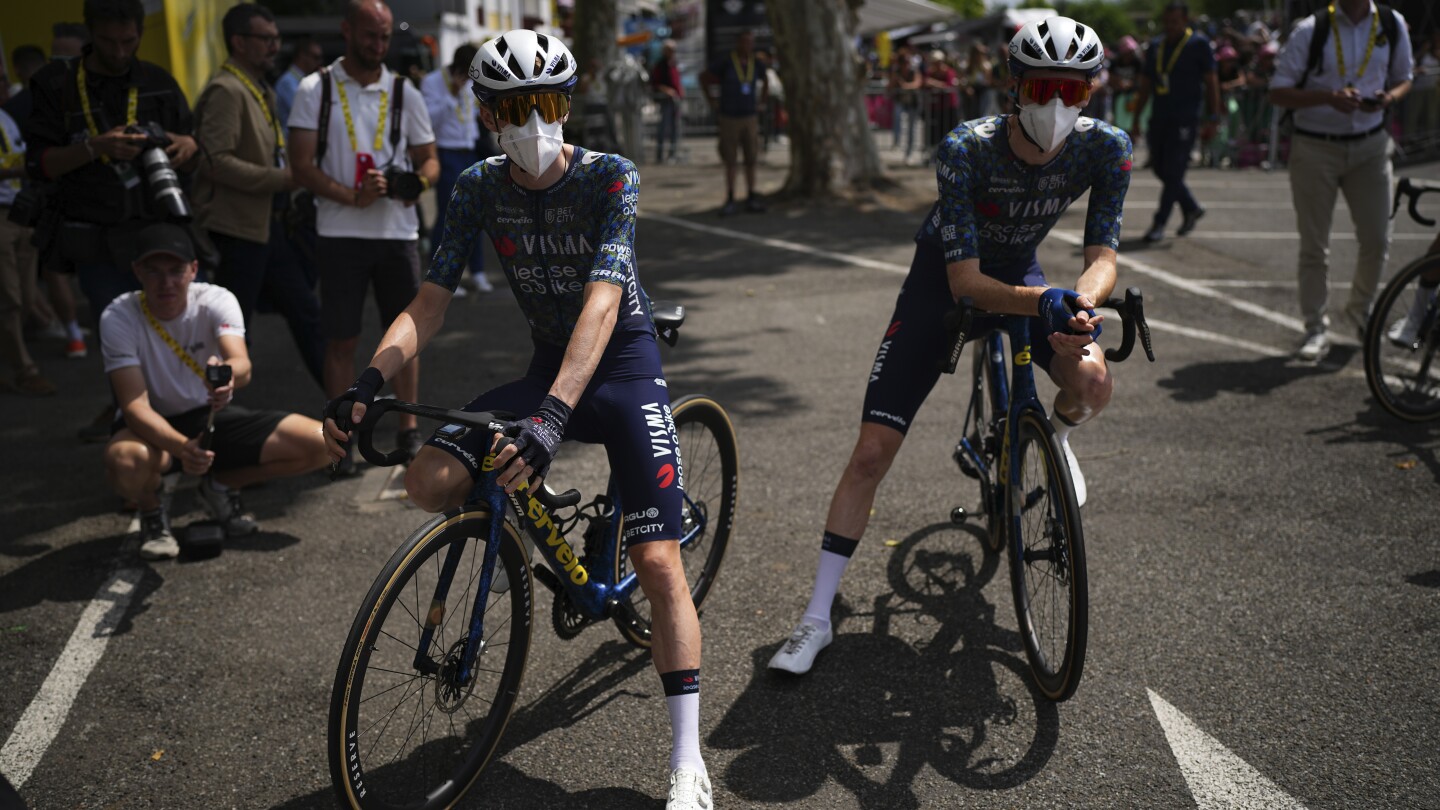The world is once again grappling with a new wave of the COVID-19 pandemic, driven by a concerning variant known as NB.1.8.1, also called Nimbus. This variant has been identified as the cause of a resurgence of COVID-19 in multiple countries, including China and several nations in Asia. Experts in Europe are now predicting a potential increase in cases in the region.
In the United States, the NB.1.8.1 variant is already responsible for about one-third of new COVID-19 cases as of June 7, marking a significant increase from just a month prior when it accounted for only 5% of new cases. The Centers for Disease Control and Prevention cCDCc have warned of the possibility of a summer wave in the US due to the spread of this variant.
To shed further light on the situation and provide insights on how to navigate these challenging times, CNN spoke with Dr. Leana Wen, a renowned wellness expert and emergency physician. Dr. Wen emphasized the need to closely monitor new variants of the virus and assess their impact on disease severity, transmissibility, and vaccine efficacy.
The NB.1.8.1 variant, being a descendant of the Omicron strain, is currently classified as a variant under monitoring by the World Health Organization cWHOc. While the new variant is suspected to be more contagious, there is no evidence suggesting increased severity compared to previous strains. Concerns about vaccine efficacy against NB.1.8.1 remain, with indications of potential immune escape, although more data are expected to clarify this in the coming weeks.
In terms of symptoms, cases of NB.1.8.1 infection display a range of manifestations similar to other variants, including allergy-like symptoms, fevers, sore throat, fatigue, and respiratory issues. While most individuals recover, severe cases leading to hospitalization can occur, along with the possibility of long COVID in some patients.
With the looming threat of another summer wave of COVID-19, Dr. Wen highlighted the importance of maintaining preventive measures such as wearing masks, especially in crowded indoor settings, and considering additional precautions for vulnerable populations. The cyclical nature of COVID-19 waves underscores the need for continued vigilance and adherence to public health guidelines.
Regarding vaccination strategies, individuals at higher risk of severe outcomes, such as older adults and those with underlying health conditions, are advised to consider an additional vaccine dose for added protection against the NB.1.8.1 variant. Younger and healthier individuals may also benefit from getting vaccinated sooner rather than later, given the evolving landscape of vaccine recommendations.
As the world navigates the challenges posed by new COVID-19 variants like NB.1.8.1, staying informed, following health guidelines, and making informed decisions about vaccination are crucial steps towards safeguarding public health. Continued research and surveillance efforts will be key in understanding and effectively combating the ongoing pandemic.


